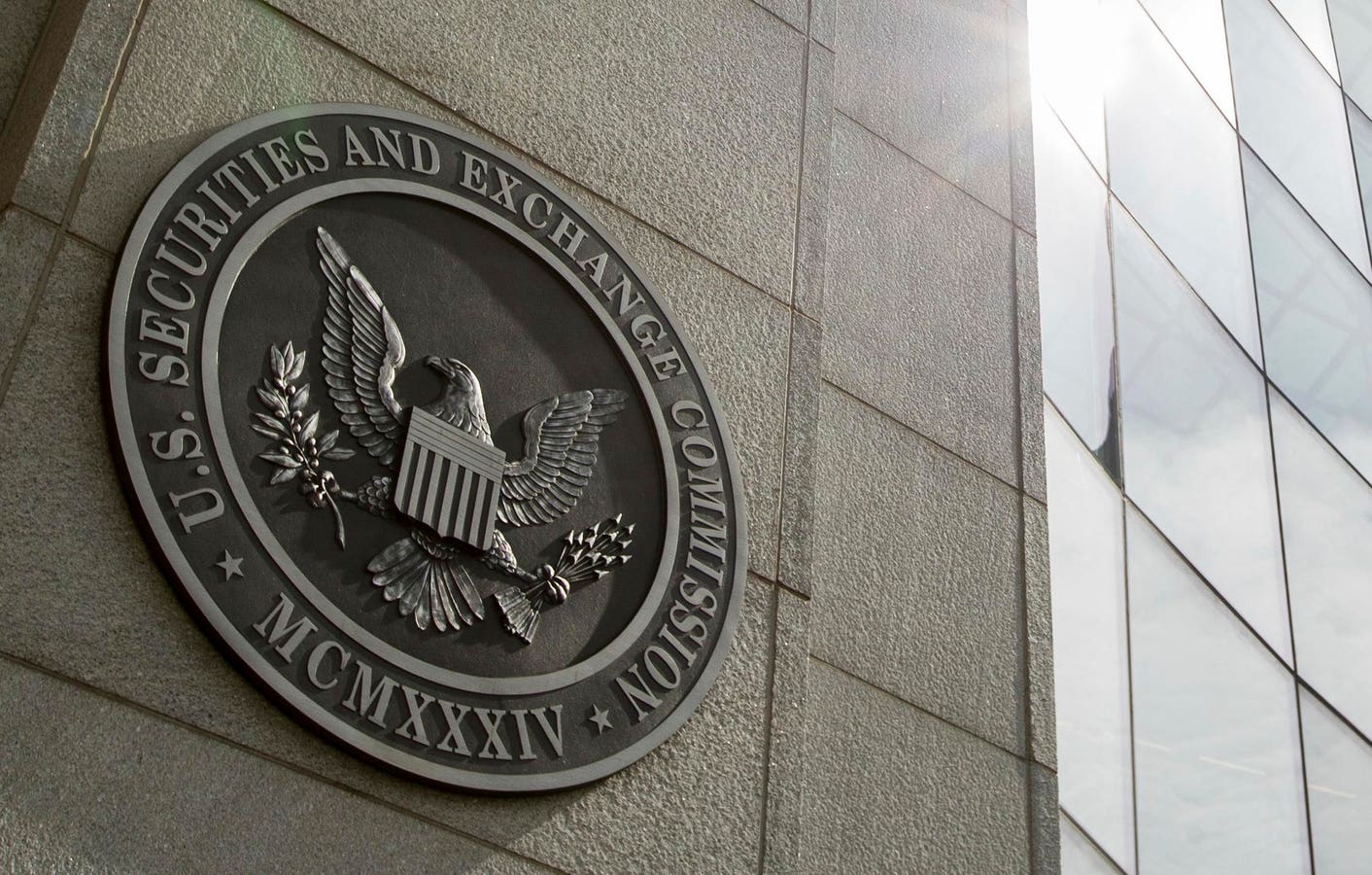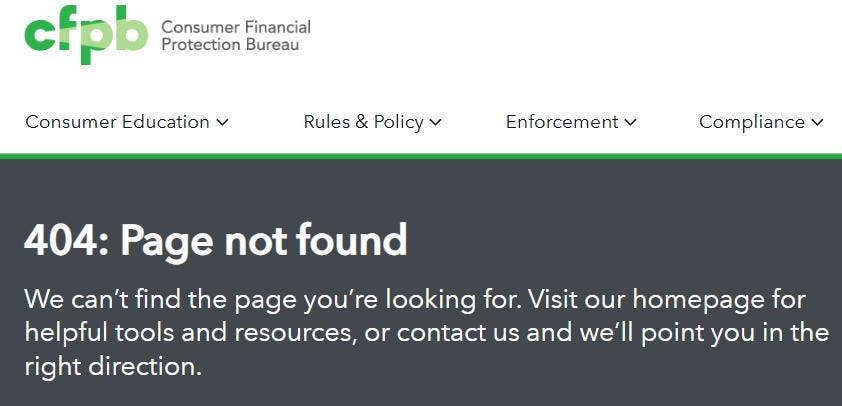Money
Acting SEC Chair Says Climate-Related Disclosure Rule Is Illegal

The Rise and Fall of the SEC’s Climate-Related Disclosure Rule
A Bold Step Toward Transparency Ends in Controversy
On March 6, 2024, the U.S. Securities and Exchange Commission (SEC) made history by adopting the Climate-Related Disclosure Rule, a groundbreaking regulation aimed at enhancing transparency around climate risks and actions for large publicly traded companies. The rule required these companies to disclose their climate strategies, greenhouse gas emissions, and the financial impacts of severe weather events. However, what was intended as a progressive step toward environmental accountability quickly became mired in legal battles and political opposition. By February 11, 2025, acting SEC Chair Mark Uyeda initiated the process to permanently dismantle the rule, leaving climate advocates and businesses that had invested heavily in compliance reeling. This dramatic reversal highlights the challenges of advancing climate-related regulations in a politically polarized environment.
The Global Push for Climate Action and Financial Transparency
The roots of the SEC’s Climate-Related Disclosure Rule can be traced back to the 2015 Paris Agreement, which set an ambitious target to reduce global greenhouse gas emissions and achieve "net zero" by 2050. To meet this goal, countries and businesses adopted a dual approach: reducing emissions directly and using "offsets" to compensate for remaining emissions through carbon capture, reforestation, and other initiatives. This framework gave rise to a thriving carbon credit market, enabling high-emitting nations and corporations to purchase credits from regions with lower emissions.
As global efforts to combat climate change gained momentum, financial regulators and institutions recognized the need for greater transparency in how businesses were addressing environmental risks. By 2021, it had become standard practice for companies to publish annual Environmental, Social, and Governance (ESG) reports. However, these reports often lacked standardization, making it difficult for investors to assess their credibility or comparability. This inconsistency raised concerns among regulators, who sought to establish clear guidelines for climate-related disclosures.
The Emergence of Global Reporting Standards
In response to the growing demand for standardized climate reporting, the International Sustainability Standards Board (ISSB) was established to develop a unified framework for sustainability disclosures. In 2021, the ISSB began drafting the International Financial Reporting Standards (IFRS) Foundation’s Sustainability Disclosure Standards, which were formally adopted in June 2023. These standards provide a global benchmark for companies to report on their climate risks, greenhouse gas emissions, and sustainability strategies. While the IFRS standards are widely adopted across 132 jurisdictions, they are not used in the United States, which adheres to Generally Accepted Accounting Principles (GAAP).
The development of these global standards underscored the importance of consistent and comparable data in addressing climate change. However, the lack of a unified reporting framework in the U.S. created a gap that the SEC sought to fill with its Climate-Related Disclosure Rule. The rule was intended to align U.S. companies with global standards while ensuring that investors had access to reliable information about climate risks and opportunities.
The SEC’s Ambitious Climate Initiative and Its Demise
In March 2022, the SEC proposed the development of climate-related reporting standards, culminating in the adoption of the Climate-Related Disclosure Rule on March 6, 2024. The rule mandated large publicly traded companies to disclose their climate action plans, greenhouse gas emissions, and the financial impacts of severe weather events. Initially set to take effect in 2026, the rule was met with fierce opposition from industry groups and Republican lawmakers, who argued that it overstepped the SEC’s authority and imposed undue burdens on businesses.
The legal challenges were swift and decisive. The rule was delayed indefinitely as courts reviewed the cases, and on February 11, 2025, acting SEC Chair Mark Uyeda delivered the final blow. In a statement, Uyeda criticized the rule as "deeply flawed" and argued that it could harm capital markets and the economy. He and Commissioner Peirce had previously opposed the rule, contending that existing disclosure requirements were sufficient and that the SEC lacked the authority to regulate climate issues. Uyeda’s decision effectively halted climate reporting at the federal level, leaving the responsibility to individual states and international efforts.
The Shift from Federal to State and Global Action
The rollback of the Climate-Related Disclosure Rule marks a significant setback for federal-level climate action in the U.S. While the SEC under former Chair Gary Gensler had championed robust environmental, social, and governance (ESG) regulations, the change in leadership and political winds brought an abrupt end to this agenda. Acting Chair Uyeda’s decision reflects a broader shift in the SEC’s approach, prioritizing deregulation over climate accountability.
With federal efforts stalled, the focus now turns to state-level initiatives and global cooperation. States like California and New York have already taken steps to implement their own climate disclosure requirements, offering a patchwork solution to the void left by the SEC. Internationally, the adoption of IFRS Sustainability Disclosure Standards continues to set a high bar for transparency, even as the U.S. lags behind. For businesses and climate advocates, the next chapter in this saga will require navigating an increasingly fragmented regulatory landscape, where progress on climate action is no longer driven by federal leadership but by grassroots initiatives and global solidarity.
-

 Money3 days ago
Money3 days agoConsumer Financial Protection Bureau Adds Error Message To Home Page
-

 Money3 days ago
Money3 days agoWinning Content Strategies For Wealth Managers
-

 Australia1 day ago
Australia1 day agoTropical Cyclone Zelia intensifies to category 2 storm
-

 Asia1 day ago
Asia1 day agoWhat you need to know about 2024 YR4, the asteroid that could hit Earth in about eight years’ time
-

 Entertainment1 day ago
Entertainment1 day agoPrince Harry and Meghan Markle’s Best Moments and Photos From the 2025 Invictus Games
-

 Australia20 hours ago
Australia20 hours agoTropical Cyclone Zelia intensifies to category five system off Pilbara coast
-

 Australia10 hours ago
Australia10 hours agoCyclone Zelia WA category 5 storm to hit Pilbara region near Karratha and Port Hedland
-

 Politics1 day ago
Politics1 day agoDozens of religious groups sue to stop Trump admin from arresting migrants in places of worship


















